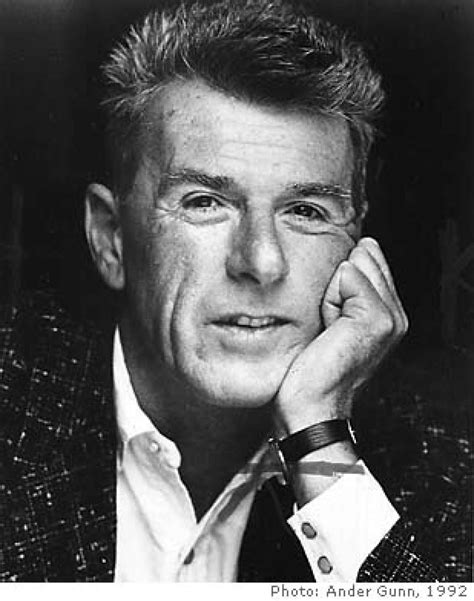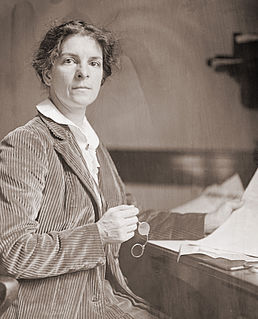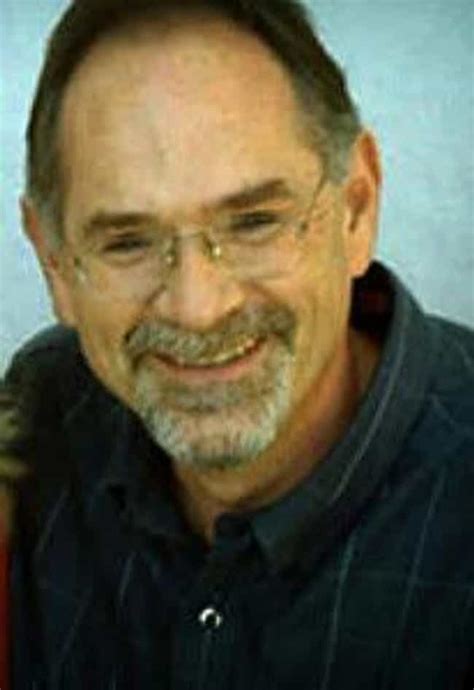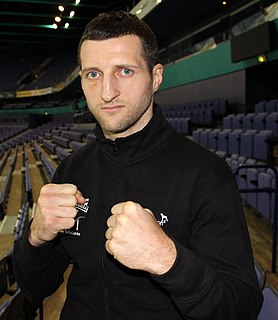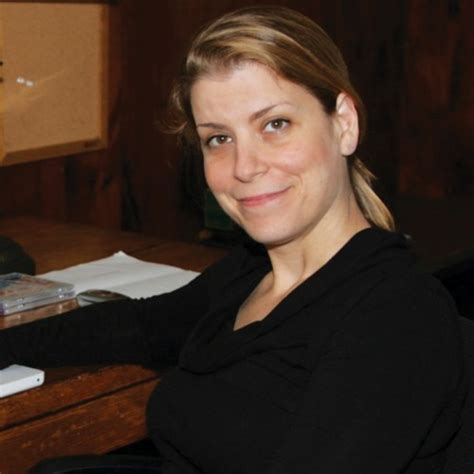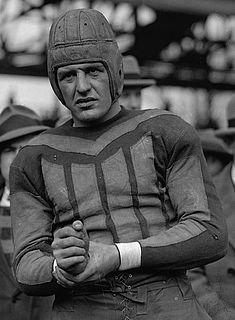A Quote by Alice Eve
Rarely do you meet an American who knows his Wordsworth.
Related Quotes
Well, I was thinking this very thing. I was thinking: I am going to die today, but Jesu also died, so he knows how it is with me. And I was thinking, would he know me when I came to him? Yes! Sitting in his hall, he will see me sail into the bay, and he will run down to meet me on the shore; he will wade into the sea and pull my boat onto the sand and welcome me as his wayfaring brother. Why will he do this? Because he too has suffered, and he knows...HE KNOWS...Is that not good news?
Theodor Geisel (otherwise known as Dr. Seuss) spent his workdays ensconced in his private studio, the walls lined with sketches and drawings, in a bell-tower outside his La Jolla, California, house. Geisel was a much more quiet man than his jocular rhymes suggest. He rarely ventured out in public to meet his young readership, fretting that kids would expect a merry, outspoken, Cat in the Hat–like figure, and would be disappointed with his reserved personality. “In mass, [children] terrify me,” he admitted.
Not one of the orthodox ministers dare preach what he thinks if he knows a majority of his congregation think otherwise. He knows that every member of his church stands guard over his brain with a creed, like a club, in his hand. He knows that he is not expected to search after the truth, but that he is employed to defend the creed. Every pulpit is a pillory, in which stands a hired culprit, defending the justice of his own imprisonment.
Men are four;
He who knows and knows not that he knows. He is asleep; wake him.
He who knows not and knows not that he knows not. He is a fool; shun him.
He who knows not and knows that he knows not. He is a child; teach him.
He who knows and knows that he knows. He is a king; follow him.
The heights by great men reached and kept
Were not attained by sudden flight,
But they, while their companions slept,
Were toiling upward in the night.

